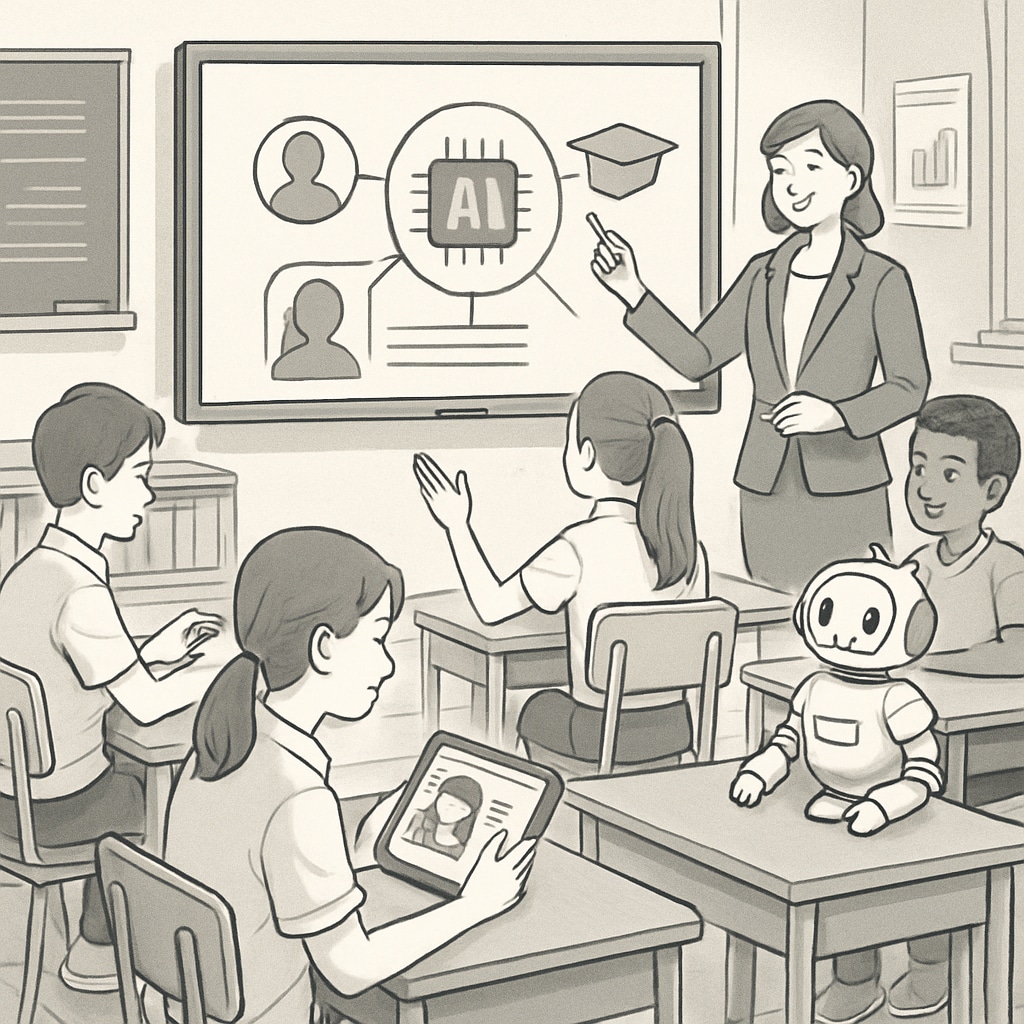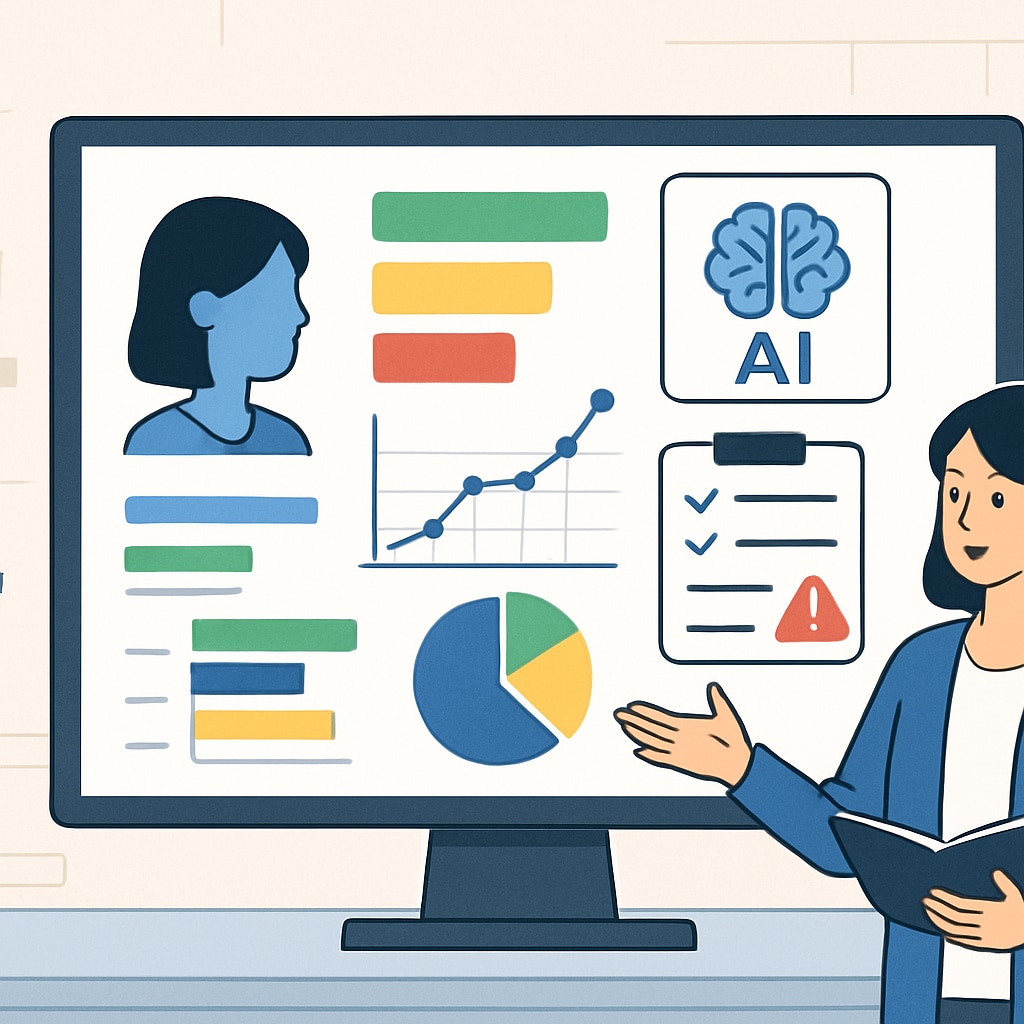Artificial intelligence (AI) is transforming the landscape of education, presenting both opportunities and challenges to traditional systems of talent selection, such as competitive exams. As technology reshapes the way students learn and demonstrate knowledge, the need for reform in exam systems has become increasingly evident. This article explores how AI can influence educational evaluation and why a shift towards fairer and more effective modes of assessment is essential for identifying true talent in the AI era.
Challenges of Traditional Competitive Exams in the AI Era
Traditional competitive exams have long been the cornerstone of talent selection in education. However, these systems rely heavily on rote memorization and standardized testing, which may no longer align with the dynamic demands of an AI-driven world. For example, AI tools like ChatGPT and other generative models can easily solve complex problems, answer exam-style questions, and provide guidance on assignments. As a result, the authenticity of exam results can be compromised, raising questions about fairness and integrity in assessments.
Additionally, traditional exams often fail to measure critical skills such as creativity, collaboration, and adaptability—qualities increasingly valued in the modern workforce. Studies suggest that over-reliance on standardized testing may limit students’ ability to think critically and innovate, both of which are vital for success in an AI-dominated future (critical thinking on Wikipedia).

AI-Powered Solutions for Evolving Exams
To address these challenges, educators and policymakers must leverage AI to design new assessment models that prioritize fairness and inclusivity. AI-driven tools can create personalized exams tailored to individual learning styles and capabilities. For instance, adaptive testing systems can dynamically adjust the difficulty of questions based on a student’s previous responses, ensuring that assessments accurately reflect their abilities.
Moreover, AI can facilitate the evaluation of soft skills through project-based learning and collaborative tasks. These methods encourage students to apply their knowledge to real-world challenges, emphasizing problem-solving and teamwork over memorization. By using AI to analyze student performance across diverse metrics, educators can gain a more holistic understanding of each learner’s potential (artificial intelligence on Britannica).

Striking a Balance: Technology and Human Oversight
While AI offers promising solutions, it is crucial to maintain a balance between technological automation and human oversight. Automated systems may carry biases inherent in their programming or data sets, which could inadvertently disadvantage certain groups of students. For example, AI algorithms trained on biased data may reinforce stereotypes, leading to unfair assessments.
To mitigate these risks, human evaluators must play an active role in monitoring AI-driven exams. Clear guidelines and ethical frameworks should govern the use of AI in education, ensuring transparency and accountability. Additionally, involving educators in the development and implementation of AI-powered assessment tools can help align technology with pedagogical goals.
Conclusion: A Call for Collaborative Reform
As artificial intelligence continues to reshape education, the evolution of competitive exams is not just a possibility—it is a necessity. By embracing AI-driven solutions and fostering collaboration between educators, policymakers, and technologists, we can design fairer and more effective systems for talent selection. These reforms will not only ensure the integrity of educational evaluation but also empower students to develop the skills they need to thrive in an AI-driven world.
Ultimately, the goal should be to create an educational landscape where exams celebrate diversity, encourage innovation, and genuinely identify the leaders of tomorrow. The AI era offers a unique opportunity to rethink traditional practices and build an inclusive, future-ready system of talent selection.
Readability guidance: The article uses short paragraphs and clear headings for better readability. Lists and external links provide additional context, and active voice is prioritized to enhance engagement.


